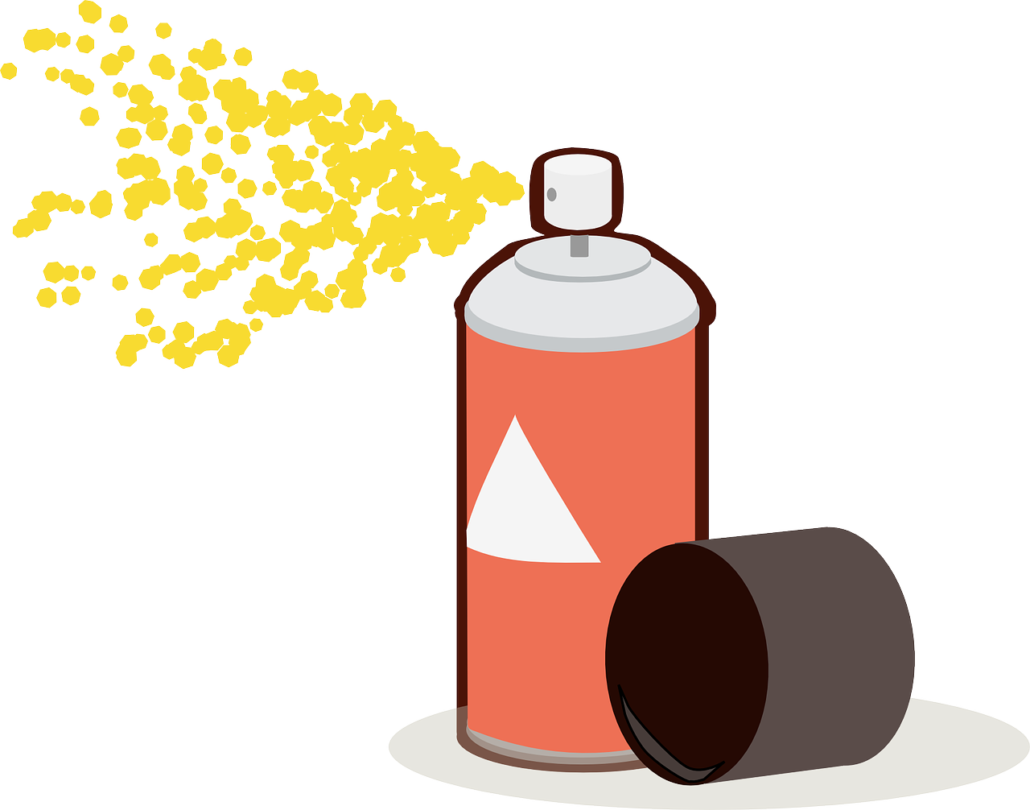Mainers invited to dispose of unusable pesticides
 Free disposal, pre-registration by Oct. 9 required
Free disposal, pre-registration by Oct. 9 required
Thanks to a project sponsored by the Maine Department of Agriculture, Conservation and Forestry’s (DACF) Board of Pesticides Control (BPC) and the Maine Department of Environmental Protection (DEP), Mainers can dispose of unusable and unwanted pesticides for free. The Obsolete Pesticides Collection Program has kept more than 109 tons of pesticides out of the waste stream since its start in 1982.
This free annual program is open to homeowners, family-owned farms and greenhouses. Collections will occur at four sites: Presque Isle, Bangor, Augusta, and Portland. Participants must pre-register by October 9, 2020. Drop-ins are not permitted. Collected pesticides are taken to an out-of-state disposal facility licensed by the federal Environmental Protection Agency. Information to register and fill out your obsolete pesticide inventory form may be found under “Resources” on the BPC website: www.thinkfirstspraylast.org.
Pesticides accepted include: herbicides, insecticides, rodenticides, fungicides and similar products used in agricultural production or around the home. Past participants in the program have reported finding obsolete pesticides in barns of family properties, garages of newly purchased homes and other unexpected places. While removal of these pesticides can seem daunting, it is important for the protection of public, wildlife and environmental health, that they are dealt with properly and not thrown in the trash or poured down the drain, where they can contaminate land and water resources.
“The Obsolete Pesticide Collection Program is an excellent opportunity for free disposal of unusable and unwanted pesticides,” said DACF Commissioner Amanda Beal. Register in advance, bring your pesticides to one of the designated collection sites, and let the professionals dispose of these materials responsibly and safely.
DEP Acting Commissioner Melanie Loyzim encourages Mainers to take full advantage of this free opportunity. When improperly disposed ofin the trash, poured into the environment, down the drain, or kept in storage for long periods pesticides threaten wildlife and the quality of our drinking water sources, Loyzim said.
More information about Maine Board of Pesticides Control can be found at thinkfirstspraylast.org.
Responsible journalism is hard work!
It is also expensive!
If you enjoy reading The Town Line and the good news we bring you each week, would you consider a donation to help us continue the work we’re doing?
The Town Line is a 501(c)(3) nonprofit private foundation, and all donations are tax deductible under the Internal Revenue Service code.
To help, please visit our online donation page or mail a check payable to The Town Line, PO Box 89, South China, ME 04358. Your contribution is appreciated!



Leave a Reply
Want to join the discussion?Feel free to contribute!